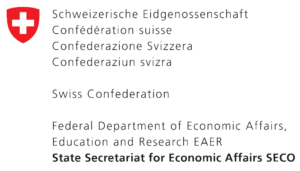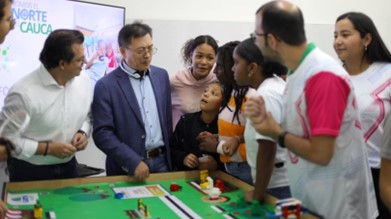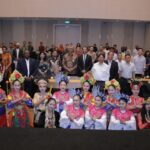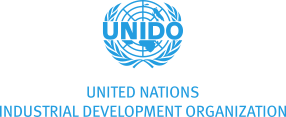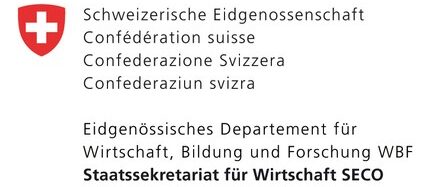Vienna, 23 September 2025 — UNIDO, in collaboration with the Embassy of Colombia, and supported by the Swiss State Secretariat for Economic Affairs (SECO), hosted a dynamic event at the Vienna International Centre to highlight the social dimension of Eco-Industrial Parks (EIPs). The showcase focused on Zona Franca del Cauca (ZFC), a leading example of inclusive and sustainable industrial development under the Global Eco-Industrial Parks Programme (GEIPP).
The event, titled “The Social Dimension of Eco-Industrial Parks: Showcasing Lab 4.0 in Zona Franca del Cauca”, brought together diplomats, development partners, and youth representatives to explore how industrial parks can serve as platforms for community empowerment and resilience. Through live demonstrations and cultural performances, the programme illustrated how EIPs can go beyond environmental and economic goals to deliver tangible social impact.
In his opening remarks, Mr. Ciyong Zou, Deputy to the Director General and Managing Director of UNIDO’s Directorate of Technical Cooperation and Sustainable Industrial Development, underscored the human-centered mission of the organization:
“Without investing in people, without creating pathways for equality and opportunity for all, industrial development risks leaving too many behind. The legacy of Eco-Industrial Parks will not only be measured by economic and environmental indicators, but to an equal degree by the extent to which these parks uplift communities, empower youth, and create opportunities for the future.”
At the heart of the showcase was Lab 4.0, a youth training initiative launched by ZFC in 2021. The programme has equipped over 530 children—44% of them girls—with STEAM (Science, Technology, Engineering, Arts, Mathematics) skills aligned with Industry 4.0. More than half of the participants are children of park employees, underscoring the connection between the industry and the community.

ZFC, located in Puerto Tejada, Colombia, operates in a region that has historically been affected by armed conflict and economic exclusion. Today, it hosts 32 companies across manufacturing, logistics, and metalworking sectors, generating over 7,500 direct and 14,000 indirect jobs. Its commitment to environmental, economic, and social inclusion aligns with the International Eco-Industrial Park Framework developed by UNIDO, the World Bank, and GIZ.
The event also celebrated Colombian cultural identity through music and dance, strengthening regional and global connections and showcasing the vibrancy of the communities behind industrial transformation.
UNIDO’s leadership reaffirmed the importance of integrating social impact into industrial development. The event served as a compelling reminder that sustainable industry must be inclusive, people-centered, and rooted in local realities.

